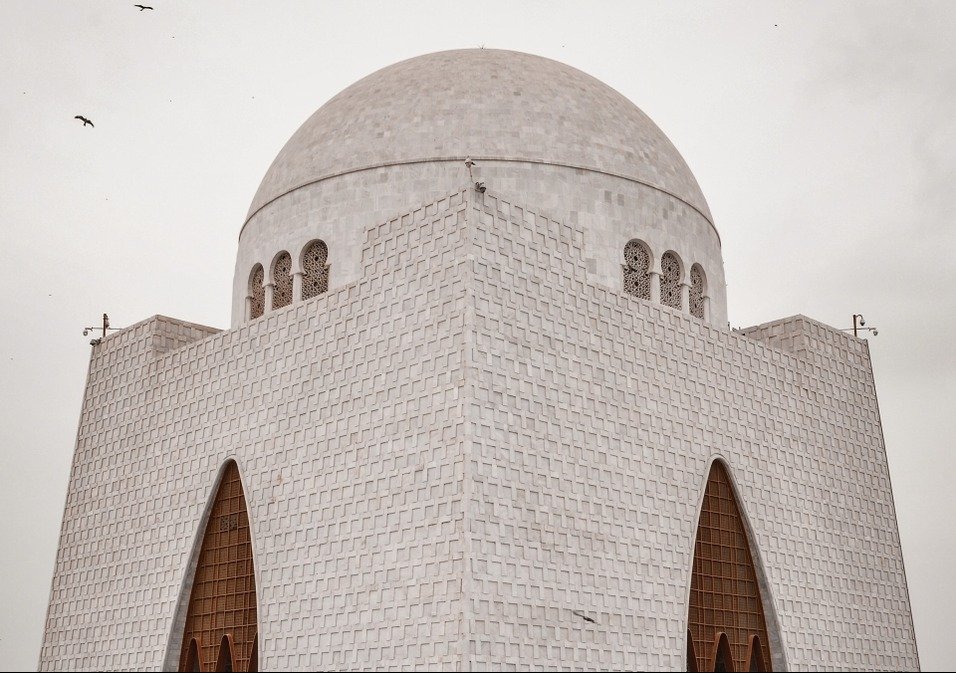An Uncertain Political Environment That Could Determine the Future of Political Parties After Recent Judges’ Decisions | September 2024

In Pakistan, the atmosphere of politics is very well linked with the judicial environment. Some significant decisions by the judiciary have exerted a great influence over the future prospects of political parties. This has led to mass confusion among the public and the uncertainty of the future of the country’s political scenario.
There is, thus, a sense of uncertainty created due to the battle between political leaders and the judiciary. People are confused about the direction in which the country is headed. All the political parties, such as Pakistan Tehreek-e-Insaf (PTI), Pakistan Muslim League-Nawaz (PML-N), and Pakistan Peoples Party (PPP), have benefited because of judicial decisions. For example, the disqualification of leaders like Nawaz Sharif completely shifted the game of politics in the country. This also demonstrates how powerful the judiciary has become in the stream of politics.
So what is happening in Pakistan now? How does this affect the political parties? Lets dig deeper.
Agitate: Impact of Judicial Decisions on Political Parties
- Judicial Activism and Disqualifications:
Among the most serious controversial issues, a prominent place is held by the judiciary de-seating some political figures. We must remember how the former prime minister and PML-N leader Nawaz Sharif was disqualified by the Supreme Court way back in 2017. The case was based on corruption charges which cropped up in the Panama Papers case.
This decision not only gave the jitters to PML-N but paved the way for PTI headed by Imran Khan to play a significant role in the national politics of Pakistan.
Cases involving PTI and Imran Khan have also emerged in the recent past. Sometimes, a particular judgment has shaken the political compass. The repeat instances of disqualifications and hasty hearings in courts raise pertinent doubts about how free and fair the system is.
- Political Engineering Through the Courts
There is also an emerging perception that judicial verdicts are being manipulated to further politically aligned interests. For some, it seems that the judiciary is dictated by specific powers for the betterment of certain parties, while others are checked. It raises conspiracy theories when leaders of popular political parties are disqualified or jailed.
For example, some political analysts say that the successive cases being presented against Imran Khan are some sort of strategy to undermine PTI influence. On the contrary, the same cases presented against leaders of PML-N are considered as curbing their political movement.
- Impact on Elections
The judicial decision directly affects election results. When the party leaders are disqualified and placed in jail, then the effectiveness of the election campaigns becomes really limited. It can even affect the confidence of voters and the results of election itself.
For example, the PTI emerged victorious through Nawaz Sharif’s disqualification and the judicial battles of the other PML-N leaders in the 2018 general elections. Almost all of the political analysts think that the result of the election was mainly because of the judgments of the judiciary on the above-mentioned cases.
- Public Trust in Judiciary and Politics
Such involvement also impacts public confidence. The people now wonder if judges are neutral or if they are influenced by political forces. Again, a decision repeatedly against some particular political leader arouses distrust in the whole system.
The tension between the judiciary and the government’s executive section has also ushered in much uncertainty. When there is no apparent division between the institutions, there will be chaos. And the public is also confused.
What Can Be Done for Stability? A Solution
- Strengthened Independent Judiciary
The judiciary in the political structure of Pakistan should be strong and independent. It means that the judges of the judiciary should not be influenced by any political party or other pressure. Decisions from the judges must solely be influenced by the law and evidence only.
If the judiciary remains neutral, then it will definitely be a building block for public trust. People need to believe that courts will treat all political parties equally. It will also reduce conspiracy theories about political engineering.
- Political Reforms and Dialogue
Political parties must also engage themselves in reforms. Parties should not let the judiciary get a wrong notion of losing a case for them; they need to strengthen their internal systems. Transparence within parties has to be encouraged, educating members on the law, and preparing them to face legal challenges.
Additionally, there should be open interaction between the judiciary and political leaders. Good communication between the institutions would ward off misunderstandings and promote stability in the environment.
- Improve Election Laws
Election laws must be redesigned in such a manner that judicial intervention is kept at a minimum during election times. Elections impacting cases must be taken swiftly and free from political influences. It will be possible for the political parties to compete on equal grounds and not make the judiciary a battlefield.
The Future of Pakistan’s Political Parties
Having aired the problems, the next step would be to explore what is in store for Pakistan’s political parties.
- Trouble for PTI
Imran Khan’s PTI has witnessed many ups and downs in recent years. The party came into power after the 2018 elections but has been beleaguered with multiple legal challenges since then. The future of PTI largely depends on how it handles the court cases against its leaders, particularly Imran Khan.
The party will encounter a hard time in the following elections if the judiciary persists with its verdicts that weaken PTI. However, if the courts clear the leaders of PTI, then PTI might emerge victorious as it comes out with a victory in the general elections to be held.
- PML-N Resilience
The party, despite the hitches of Nawaz Sharif’s disqualification, is able to stay relevant in politics even now. It is trying with Shehbaz Sharif as their leader to revive that image. Cases against Nawaz Sharif are also looming large.
What will happen in the near future is how these cases end and whether they are able to convince the public that it is still capable enough to lead the country.
- PPP’s Stability
PPP had suffered less in the face of judiciary as compared to PTI or PML-N. There is no poor sequence of conflicting designs that has shaken Bilawal Bhutto Zardari-led party stability. However, the party’s national footprint is mainly present in Sindh, and its national presence is not stronger as it was once.
In order to expand its reach and area of coverage, PPP has to look seriously in the direction of a strong national platform and solving legal issues that can affect leadership in the future.
Conclusion: Taming the Future Course of Pakistan’s Political and Judicial System
In the future, the relationship between the Pakistan judiciary and political parties is going to undergo changes. Long-term impacts of judicial orders at courts would reverberate at the future of PTI, PML-N, PPP, and other political forces.
An independent judiciary, internal party reforms, revised election laws, and an informed public-in short, all these are what the country needs for a stable future. These elements should stop the easy exploitation of the judiciary by political leadership, work towards strengthening the democratic system, and realize that the role of independent judiciary is not to be misrepresented by politicians.
Much will depend on those judges and political leaders in the years ahead as to what course this country takes. But surely one hopes that with proper steps, Pakistan can take the right avenue towards a more stable, equitable and transparent political system.

